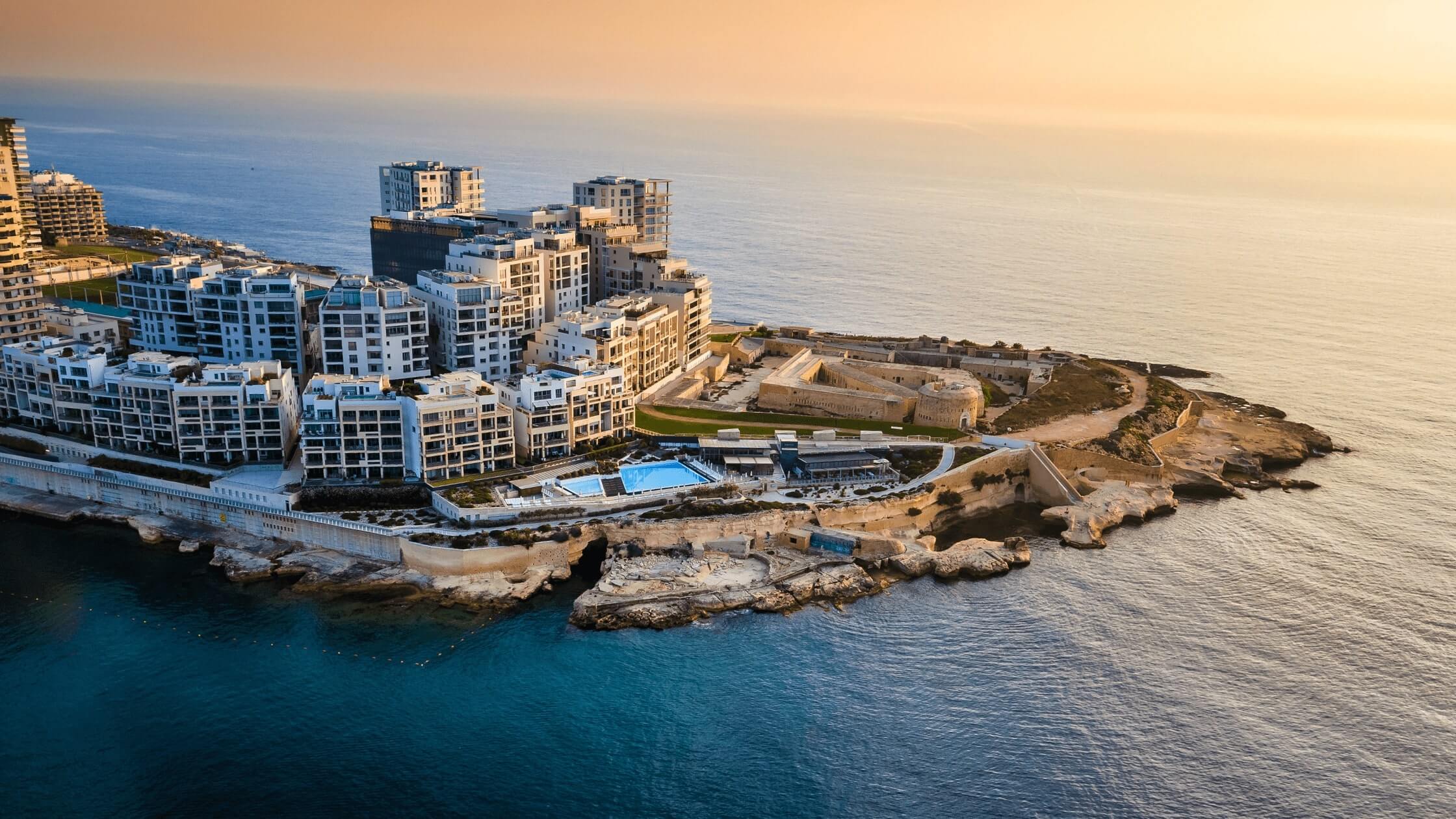The law governing a condominium
In Malta, A condominium is governed by the Condominium Act and is applicable to most people who live in an apartment, which has become a very common scenario in Malta. A condominium is a building where two or more separate units overlie each other and the ownership of the common parts of the building is held in common.
For the purposes of the Condominium Act, the owners of the separate units inside the buildings are referred to as condomini.
Parts held in common
Unless otherwise specified in the contract of sale, the parts of the block which are held in common and which are divided equally between the owners of the various separate units include:
- The land on which the condominium is built;
- The external walls, including the party wall;
- The roofs;
- The shafts;
- The stairs, entrance doors;
- Corridors, the stairwells, the courtyards, the gardens;
- The airspace above the whole property.
The costs necessary for the preservation, maintenance and repairs, for the enjoyment of the common parts are to be divided between the owners of the units.
According to the Condominium Act, it is important to note that the owner of the unit in the condominium can never renounce his ownership of the common parts.
What is a Condominium Administrator?
An administrator, as per the Condominium Act, shall be appointed where there are more than three apartments in a building.
If such an appointment cannot be agreed upon, the matter shall be referred to arbitration, and the administrator shall be appointed by the Arbitrator.
Mainly, the duties of an administrator include:
- Notifying the land registry about his appointment;
- Executing the decisions of the meeting of the condomini;
- Ensuring that all condomini are observing the rules;
- Regulating the use of the common parts and performing what is necessary for the preservation and protection of the common parts;
- Apportioning the costs necessary for the preservation, maintenance, ordinary and extraordinary repairs of the condominium;
- Keeping a register with the list of condomini, all the minutes of meetings with condomini and a copy of all notices, decisions and directives.
The procedure relating to meetings
Primarily, the administrator shall ensure that a notice board is fixed in a prominent position in the condominium and shall affix on such board the notices of all meetings and all the decisions taken during the said meetings.
Prior to convening a meeting, all the condomini need to be given at least seven days notice of such meeting. Moreover, once the seven days have passed, in order for the meeting to be held a quorum equivalent to a two-thirds representation of the condomini must be reached.
Issues relating to repairs
Carrying out extraordinary repairs and making any alterations to the common parts including the widening of the entrance door, the installation of a lift, or the conversion of a yard into a garden or into internal parking require the consent of at least two-thirds of the condomini.
Certain decisions, however, require unanimous consent of all the owners of the units in the condominium. These include decisions relating to changing the aesthetics and decor of the condominium, those which seriously affect the use or enjoyment of any common part or those which may prejudice the stability or the security of the building.
An owner of an apartment who incurs costs without having been authorised in writing to incur those costs by the administrator or by the meeting of the condomini does not have a right to be reimbursed unless these were of an urgent nature. Where no agreement is reached on whether the costs were of an urgent nature the matter shall be referred to arbitration.
Renovation of ceilings
Where a ceiling separates two units horizontally then the expenses must be paid for equally by the owners of the two respective units. This is confirmed by Article 12 of the Condominium Act, which states that where a ceiling separates two units the costs incurred for the maintenance and ordinary and extraordinary repairs of such ceiling shall be borne as to one-half by the owner of the lower storey and as to the other half by the owner of the higher storey.
In conclusion, it is always best to seek legal advice to safeguard your condominium rights and be aware of your obligations.
If you are concerned about your rights or obligations as an owner of a property located in a condominium, or need to resolve an occurred dispute with another condomini, contact SMM Advocates for further assistance concerning your matter.

